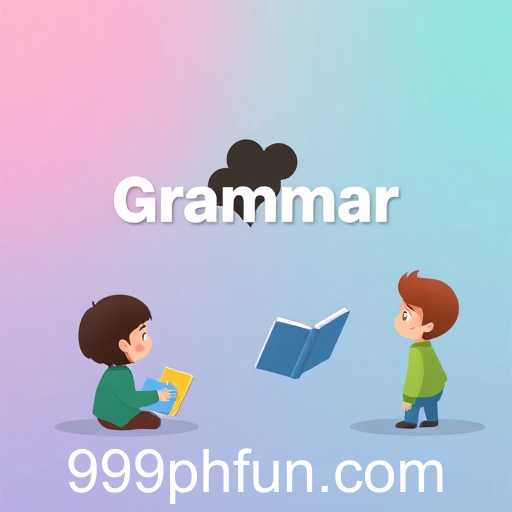In the ever-evolving landscape of online education, 'Grammar Games' have emerged as a vibrant category that combines learning with entertainment. These games are uniquely designed to help individuals, from young students to adults, improve their language skills by engaging them in interactive and often competitive activities. With 'phfun' as a pivotal keyword, educators and game developers alike seek to create an experience that is both educational and enjoyable.
Grammar games leverage a variety of formats to cater to diverse learning preferences. These include word puzzles, sentence-building challenges, multiple-choice quizzes, and role-playing scenarios. Each format is crafted to target different aspects of grammar, such as syntax, punctuation, and vocabulary. Players are often motivated by point systems, levels, and rewards, which incentivize repeated play and continual learning.
The appeal of grammar games lies in their ability to transform what is commonly perceived as tedious textbook learning into something dynamic and engaging. Users are more likely to retain information when they actively participate in the learning process, making grammar games an effective educational tool.
Moreover, the accessibility of these games is enhanced by their online presence. Many grammar games are accessible on various platforms including smartphones, tablets, and computers, making learning convenient for users anywhere and anytime. As a result, language learning is no longer confined to the traditional classroom. Instead, it becomes an accessible daily habit that fits into the modern lifestyle.
Another significant advantage of grammar games is their adaptability. Game developers can tailor these games to suit the needs of different learners by adjusting the difficulty levels and language focus. For instance, ESL (English as a Second Language) learners can find games that focus more on basic sentence structure and vocabulary, while those at an advanced level can tackle more complex grammatical nuances.
Furthermore, grammar games serve as a platform for social learning. Many games allow for multiplayer modes where learners can compete against friends or other online users, promoting a community-driven approach to education. Through collaboration and competition, players can share strategies and insights, thus enhancing the collective learning experience.
As we move forward in an increasingly digital world, the integration of education and entertainment continues to grow. Grammar games exemplify this trend by providing a blend of fun and functionality, making grammar a subject to look forward to rather than a chore to endure. Whether you are a language enthusiast, a teacher looking for supplementary teaching materials, or a casual learner seeking to improve your grammar skills, grammar games offer an engaging and effective approach to mastering the intricacies of language.








